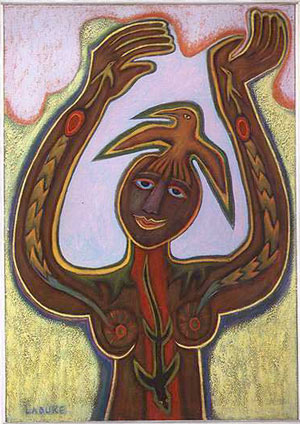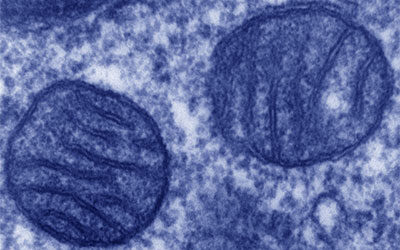Are there any foods one should definitely avoid in their diet?
Sally’s response:
The Weston A. Price Foundation’s list of dietary dangers is:
1. Don’t eat commercially processed foods such as cookies, cakes, crackers, TV dinners, soft drinks, packaged sauce mixes, etc.
2. Avoid all refined sweeteners such as sugar, dextrose, glucose and high fructose corn syrup.
3. Avoid white flour, white flour products and white rice.
4. Avoid all hydrogenated or partially hydrogenated fats and oils.
5. Avoid all vegetable oils made from soy, corn, safflower, canola or cottonseed.
6. Do not use polyunsaturated oils for cooking, sauteing or baking.
7. Avoid fried foods.
8. Do not practice veganism; animal products provide vital nutrients not found in plant foods.
9. Avoid products containing protein powders.
10. Avoid pasteurized milk; do not consume lowfat milk, skim milk, powdered milk or imitation milk products.
11. Avoid battery-produced eggs and factory-farmed meats.
12. Avoid highly processed luncheon meats and sausage containing MSG and other additives.
13. Avoid rancid and improperly prepared seeds, nuts and grains found in granolas, quick rise breads and extruded breakfast cereals, as they block mineral absorption and cause intestinal distress.
14. Avoid canned, sprayed, waxed, bioengineered or irradiated fruits and vegetables.
15. Avoid artificial food additives, especially MSG, hydrolyzed vegetable protein and aspartame, which are neurotoxins. Most soups, sauce and broth mixes and commercial condiments contain MSG, even if not so labeled.
16. Avoid caffeine-containing beverages such as coffee, tea and soft drinks. Avoid chocolate.
17. Avoid aluminum-containing foods such as commercial salt, baking powder and antacids. Do not use aluminum cookware or aluminum-containing deodorants.
18. Do not drink fluoridated water.
19. Avoid synthetic vitamins and foods containing them.
20. Do not drink distilled liquors.
21. Do not use a microwave oven.
photo: Expectations ©Betty LaDuke | Artist Betty LaDuke works with Heifer International to end world hunger by offering families in need long term solutions that work. One of the cornerstones of Heifer’s approach is “Passing on the Gift”, a cycle of sustainability where people share the offspring of their animals along with their knowledge, resources, and skills to create a circle of self-reliance that reaches around the globe.










0 Comments